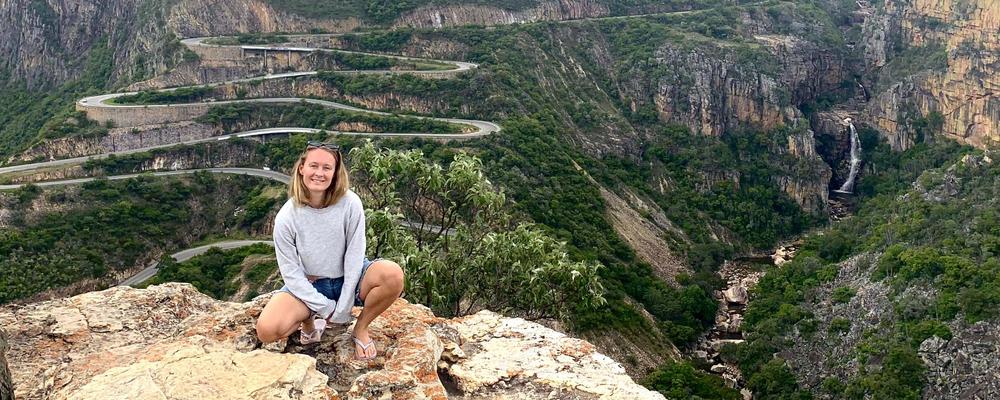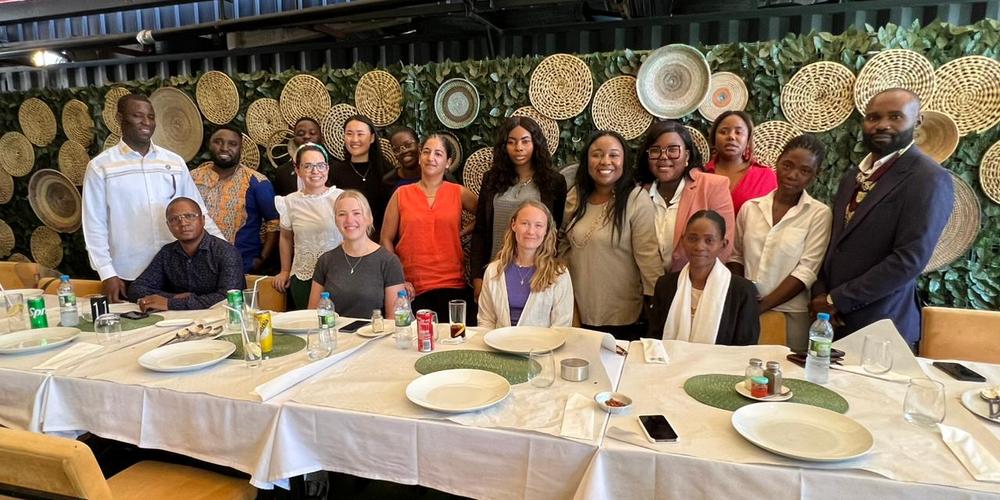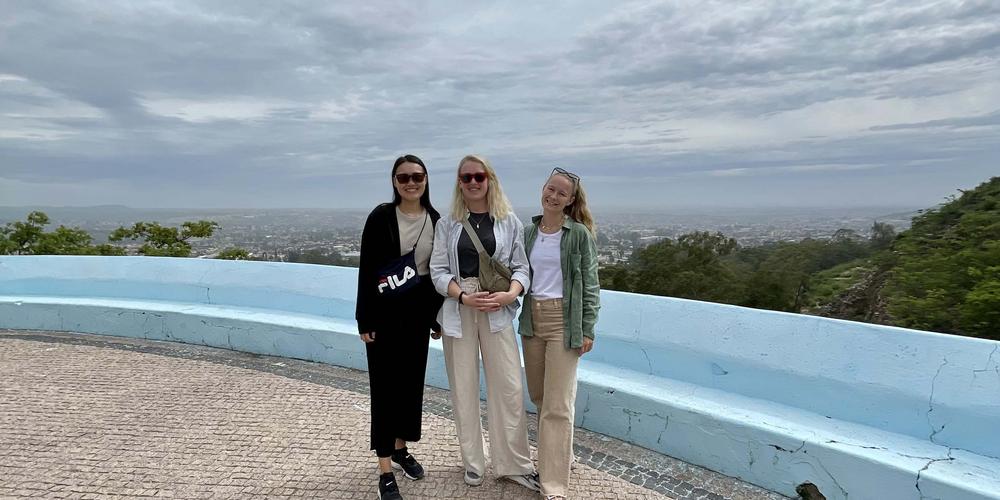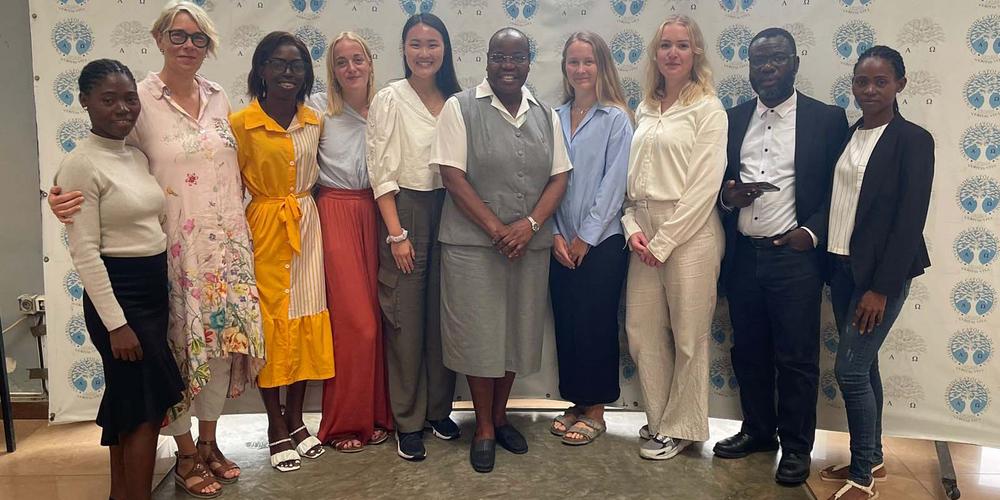
My exchange in Angola - an invaluable experience
What is it like to be an exchange student? Why should more people study or do an internship abroad? We asked Signe Schjøtt, student at the Master’s programme in global health, a few questions about her exchange experience in Angola.
Hello Signe Schjøtt! You both studied and had an internship in Angola as a part of your studies at the Master’s programme in global health. Why did you choose to do an exchange?
– As a student of global health, it was important for me to do an exchange in a global setting. Although our programme is full of people from all over the world, it’s a completely different experience to get away from daily routines and engage in new settings and cultures.
Why did you go to Angola?
– We had the opportunity to apply for several different destinations, but the exchange in Angola fitted my area of interest. I have visited Tanzania before, which made me curious to experience West Africa as well.
Tell us more about your exchange.
– First, I did an internship for two months at a local organization called PSI Angola during our course ‘Public health work: intervention and evaluation’. Then I went back do a thesis course for one month at Universidade Católica de Angola in Luanda to finalize my master thesis.

Tell us more about your internship. Where did you do your internship and what were your tasks?
– My internship was at PSI Angola (Population Service International Angola), a non-governmental organization that works with malaria and family planning issues. I worked with their online teaching platform, mainly with statistics on family planning and how to use the data. Together with another student, I created a report and held a presentation on which data that was important for stakeholders to receive, such as hospital directors.
What did you learn as an intern?
– I gained insight into how a non-governmental organization is run and practical experience working in global health abroad. Also, I had amazing coworkers who taught me so much and let me contribute with my skills and ideas.
What has been the best part of your experience?
– The warm and welcoming people I met and the opportunity to explore the beauty of Angola. During weekends I tried to visit as much of the country as possible. Small weekend trips to nearby sights, fantastic waterfalls, and beaches.
– I was lucky to spend Christmas in Angola, which gave me time off to discover more of the country. A chance to get away from the busy city life and explore this amazing environment and culture. It’s a big difference to see something with your own eyes than to read about it in a book. An invaluable experience – as important for the exchange as the internship itself.

What has been the worse part of your experience?
– The most difficult part has been to navigate in a foreign country, in a different language, extending visas, and arranging travels. It’s not as easy as in Sweden, even if I got a lot of help from the University of Gothenburg, my exchange university, and the local organization where I did my internship.
How’s studying in Angola compared to Sweden?
– Similar in many ways, but the circumstances for local students are different. Most of the classes are held in the evenings, as most students work during the day to be able to afford their studies.
What did you know about Angola before and has that perception changed?
– I didn’t know much before my exchange; I only knew what our teacher had told us. Now my perception of Angola has changed from unknown and inaccessible to an open and interesting country I think more people should know about.

What has the exchange given you and any tips for others considering an exchange?
– The most important lesson has been to experience a part of the world first-hand that I previously studied back home. More people should take the chance and become exchange students. Apply for the exchanges you find interesting, regardless of your previous experience – and keep an open mind!
What do you want to do in the future?
– My dream job is to work or do research within the Women’s health and rehabilitation field, maybe as an PhD student.
TEXT: Nina Raun
About: Signe Schjøtt
Name: Signe Schjøtt
Age: 27
From: Denmark
Studies at GU: Master’s programme in global health
Studied in Angola: internship course ‘Public health work: intervention and evaluation” and a thesis course at Universidade Católica de Angola, Luanda, Angola
Internship at: PSI Angola (Population Service International Angola)
Leisure interests in Angola: exploring different parts of the city, shopping, going to the beach and gym
Describe yourself in three words: Open, dedicated, spontaneous


